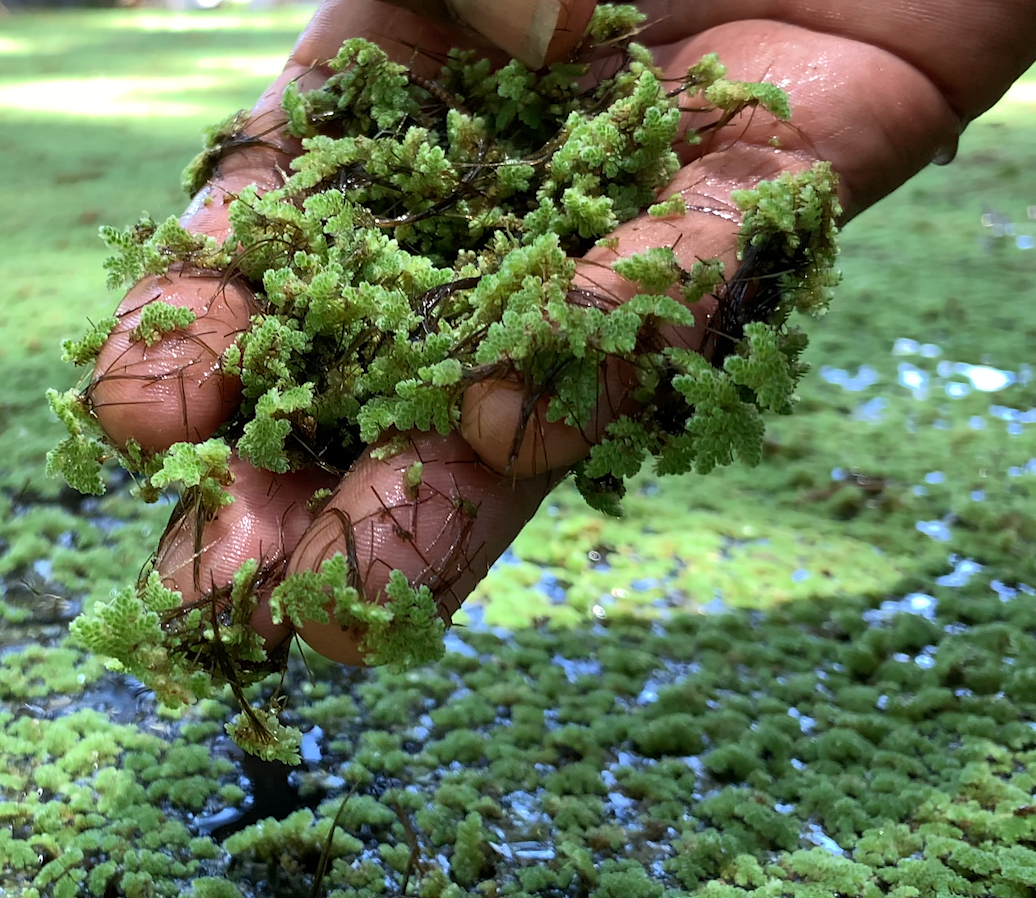Study: Consumption of apples, bananas and grapes may lower breast cancer risk in teenage girls

Teenage girls who consume large amounts of fruit may lower their future risk for breast cancer, a new study suggests.
In the study, consumption of apples, bananas and grapes during adolescence was strongly associated with a drop in breast cancer risk.
Roughly three daily servings of such fruits was linked to a 25 percent drop in risk by middle age, compared with consuming just a half-serving per day.
Women who ate oranges and/or kale as young adults also seemed to gain some protection from breast cancer, the investigators noted.
The study author Maryam Farvid said that this is the first study that specifically shows that high fruit intake during adolescence may be linked with reduced breast cancer risk.
Maryam is a research associate in the department of nutrition at the Harvard T.H. Chan School of Public Health in Boston.
In the study, the researchers analysed food questionnaires completed in 1991 by just over 90,000 women aged 27 to 44 who had enrolled in the Nurses’ Health Study II two years earlier. That survey focused on diets during early adulthood.
In 1998, more than 44,000 of the women completed a second food survey. That survey asked participants to recall what food they had consumed during adolescence.
Food and drink consumption was also tallied once every four years from 1991 to 2013, at which point the women were asked to recall their diets over the prior year. Breast cancer status was tracked every two years.
Over the two decades of the study, more than 3,200 women developed invasive breast cancer. Adolescent dietary information was available for about 1,350 of those women.
The research team concluded that higher fruit intake during adolescence was associated with a lower risk for breast cancer.






